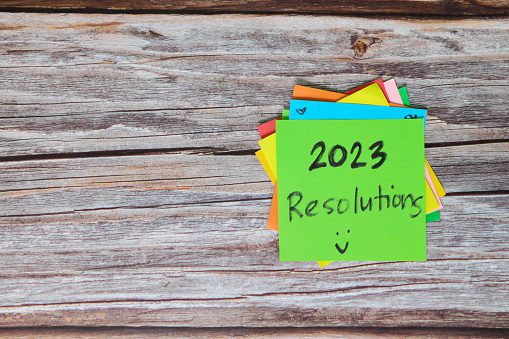
by rachael | Dec 1, 2022 | Awareness, Emotional Health, Mental Health, Physical Health
Every year when the countdown to the new year begins, people around the world start the time-honored tradition of making New Year’s resolutions. Gym memberships rises, new hobbies abound, habits are upended. While we, of course, support making healthy goals a reality,...

by hanna | Dec 12, 2019 | Nutrition
The holiday season has officially ended—and with it all the rich, decadent foods. Whether you’ve made a New Year’s resolution or not, here are three tips to consider for healthier eating in 2020 and beyond. Don’t Skip Meals You may think that since you ate so...




